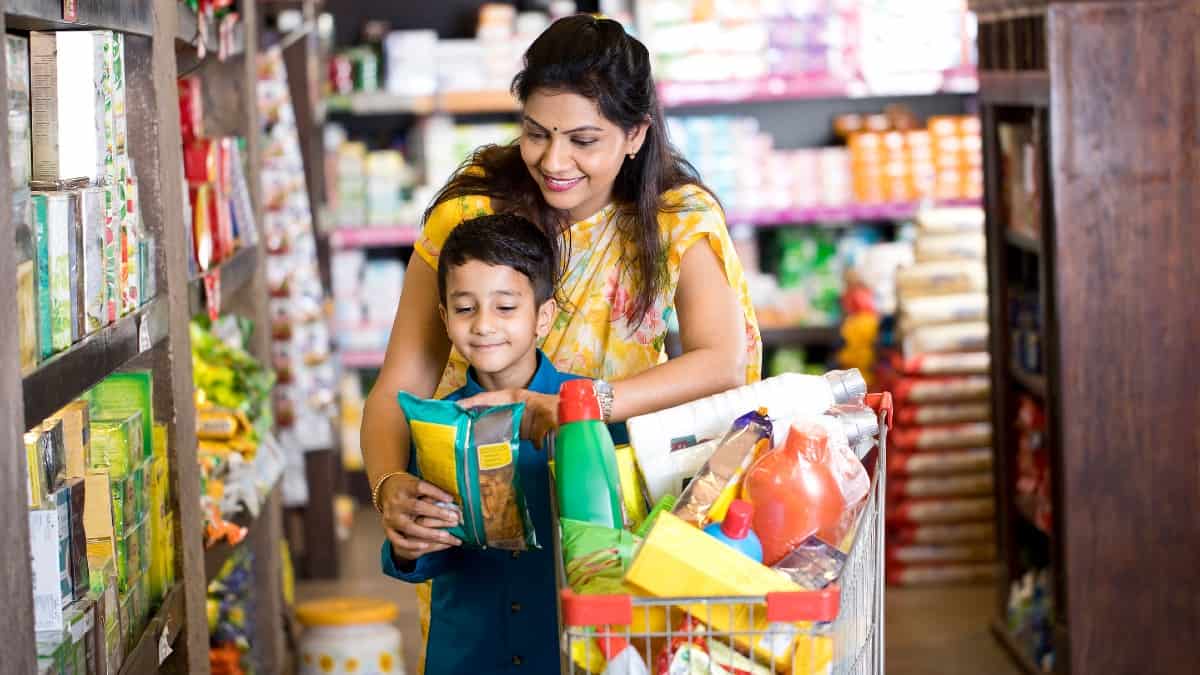Recent research by comparethemarket.com shows that children in the UK are earning an average of £4.65 in pocket money per week. The data suggests that parents today use pocket money to reward good behaviour and progress at school, and to pay for chores.
Wondering whether your kids are getting too much pocket money? Or too little? Here’s what other families are paying out in pocket money, and how the pennies are being spent.
[top_pitch]
What is pocket money? Is it the same as an allowance?
Usually paid weekly, in cash, pocket money enables children to learn how to manage money, and save. Some children will spend a little on treats, and save the rest towards more expensive toys. When pocket money is paid in return for chores, this teaches children the self-discipline required to work for the things they want to buy.
An allowance is a larger amount of money, often paid monthly into a bank account. Parents or guardians trust teenagers to manage enough money to cover travel, clothes, gifts, socialising and more. Kids shouldn’t have to spend their pocket money on essentials.
The comparethemarket.com survey focused on 7-14-year-olds, which suggests that most children start to get regular pocket money by the age of 7 years. Teens, 15 years and older, might progress to a part-time job, or an allowance. A quarter of parents will continue to provide pocket money until their child is 18 years old.
What is the average pocket money in the UK?
According to the research by comparethemarket.com, the average pocket money is £4.65 per week. This means that on average, parents pay each of their children a grand total of £1,692.60 between the ages of 7 and 14.
It may seem a lot, but today’s kids are actually earning less than half the amount their parents received as children. In today’s money, parents would have earned £3,778.32 over the seven years. This represents an average of £10.38 per week – £5.73 per week more than they give their own kids.
All of this suggests that today’s kids could make more money doing chores for their grandparents!
There are regional variations in the going rate for pocket money. Parents in Sheffield get away with paying their kids just £3.40 per week. In Manchester or London, kids will be shortchanged if they earn less than a fiver.
Are children really getting a bad deal? It’s difficult to tell without comparing how much families spend on birthday and Christmas presents, and how often parents give in to pester power. Parents may choose to purchase toys and treats for their children in addition to providing pocket money.
[middle_pitch]
How do kids spend their money?
Spending habits have changed very little between the generations. The top choice is still sweets and snacks, closely followed by books, comics and magazines.
Saving for more costly items is a goal for 16% of children. This is an increase of 4% on the previous generation’s saving habits. A sensible 9% of kids are saving for the future.
How is pocket money earned?
Those parents who expect something in return for pocket money reveal a change in priorities across the decades. Today’s grandparents most often expected their children to help around the house to earn their cash every week.
UK parents are now more likely to use pocket money as an incentive for their kids to do well in school. Achieving good grades is the top way to earn, with 42% of kids getting their cash this way. Although household chores are still very much rewarded in 2021.
Completing homework, and behaving well, are also conditions frequently imposed on children before they get their money. This implies that parents still withhold pocket money as a punishment.
Some 16% of parents said they pay their children to take care of pets. As children themselves, 18% received a financial reward for doing a good deed or helping a relative.
What’s the future of pocket money?
When today’s kids grow up and start their own families, what will pocket money look like?
It probably won’t be paid in cash. Parents are already advised to encourage children to get used to managing their money in a bank, and online. With the number of digital money management tools available already, it’s likely pocket money will be paid via an app on kids’ phones.







